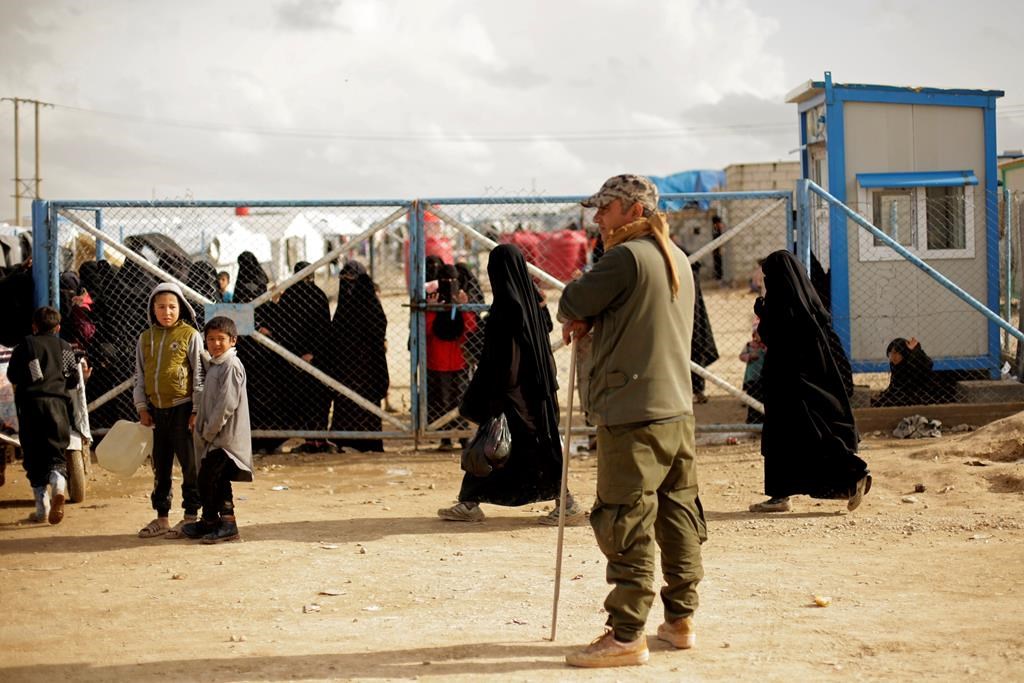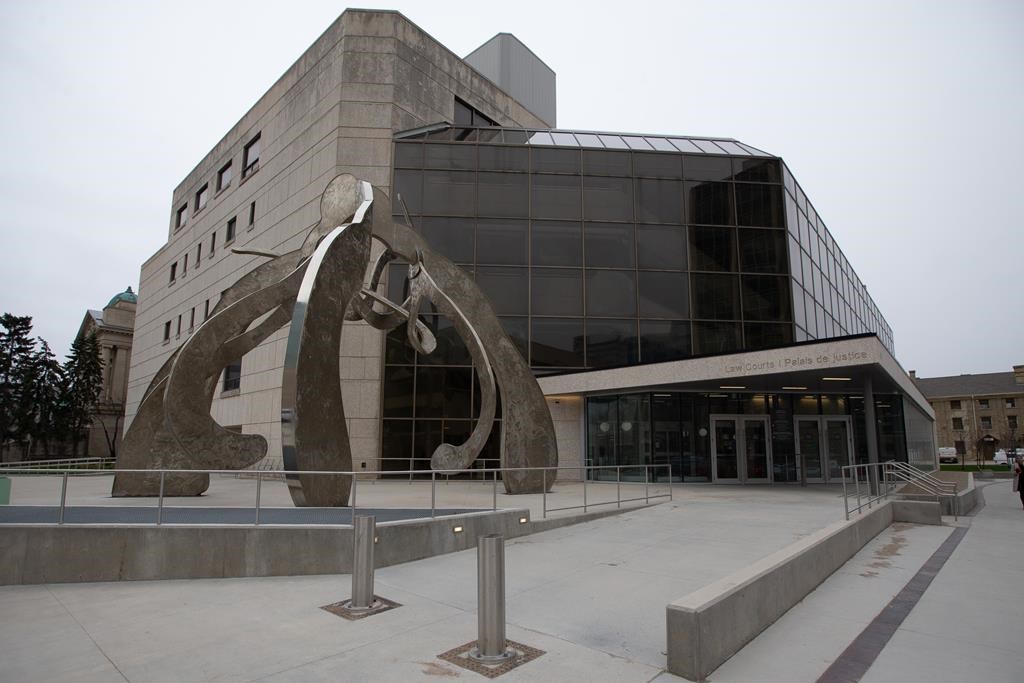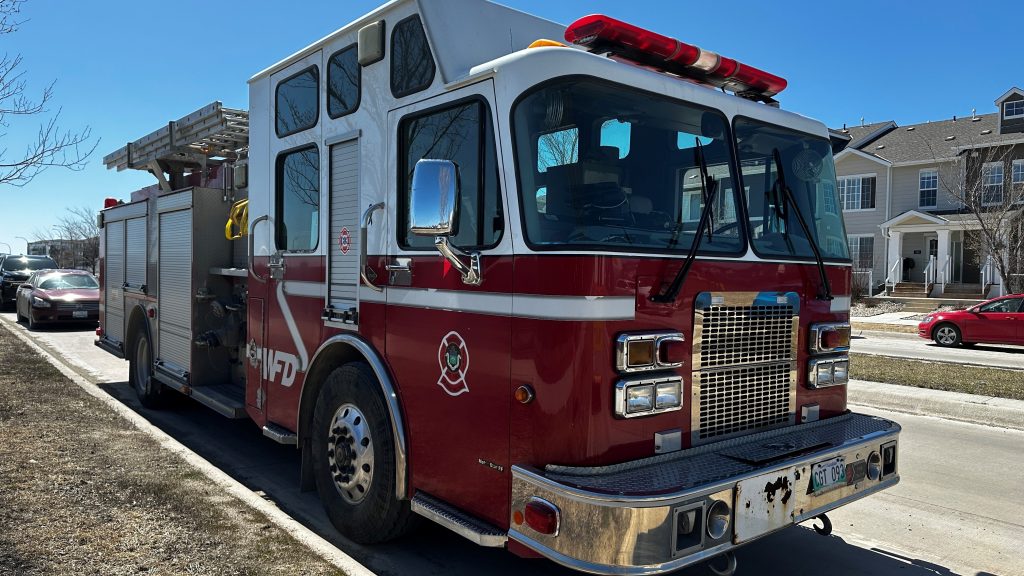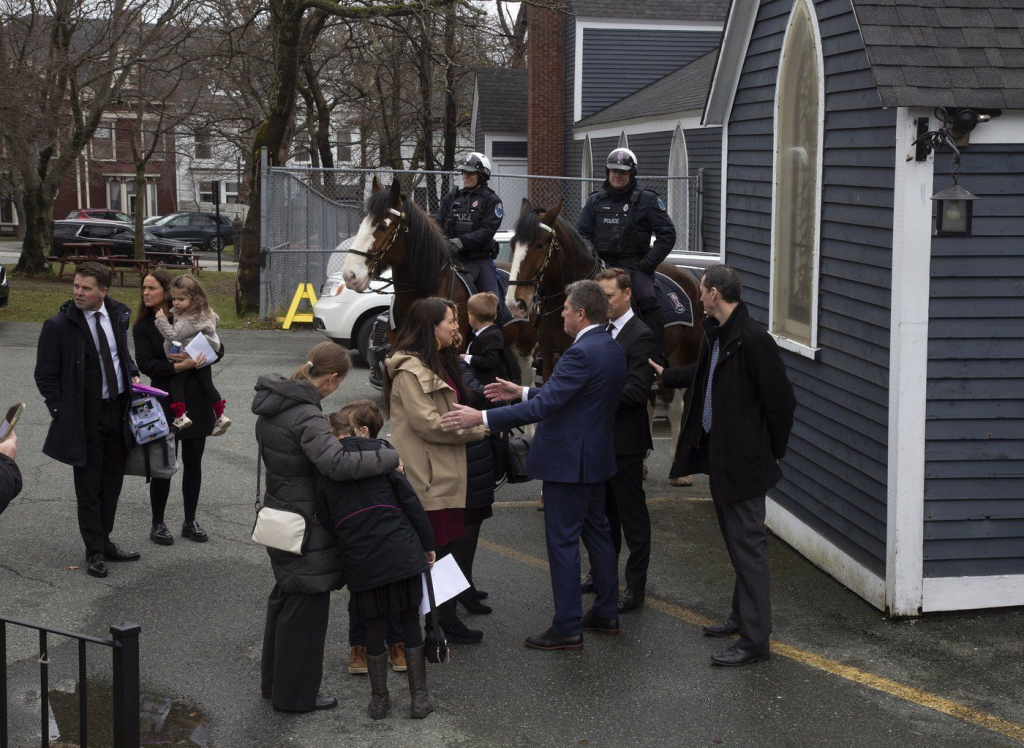Missing Canadian women and girls called family from Syrian camp, lawyer says

Posted April 18, 2023 7:09 pm.
Last Updated April 18, 2023 9:34 pm.
A lawyer for two Canadian women and three teen girls, who were set to be repatriated from northeastern Syria earlier this month, says they were mistreated by guards and are being detained in a camp primarily holding family members of individuals with alleged links to the Islamic State of Iraq and the Levant
Edmonton lawyer Zachary Al-Khatib said one of the women was able to make a brief phone call to a family member in Canada early Tuesday. He said the woman indicated they were alive and had been moved to the Roj camp but had been mistreated, needed medical attention, and had all their possessions taken.
“It was very concerning for the family obviously to hear this after 11 days of nothing.”
Under an agreement with Global Affairs Canada, the group of five was set to be transported from the Al-Hol camp, where they had been detained, to the Roj camp to join four other women and 10 children. The others were returned to Canada on April. 6.
Al-Khatib said while those still in Syria were concerned about their safety, the Canadian government told them they had communicated with Kurdish forces running the Al-Hol camp.
“They were given assurances that they would be safe,” he said. “Then when they presented themselves to be transported, they went missing for 11 days and the government had no answers.”
Al-Khatib said Canada needs to take immediate steps to ensure the women and girls are safe and repatriated.
“The government has been silent on this,” he said.
“The government has to provide answers to the family and to the public.”
Al-Khatib said he does not know why the women, ages 41 and 33, originally travelled to Syria, but he has not been shown any evidence of criminal intent or that they broke the law.
Global Affairs Canada did not respond to a request for comment.
Human Rights Watch said in December that since ISIS’s territorial defeat in 2019, more than 42,400 foreigners accused of links to ISIS have been held in camps and prisons in northeastern Syria, most of them children. It said medical care, clean water, shelter, and education in the camps are “grossly inadequate.”








